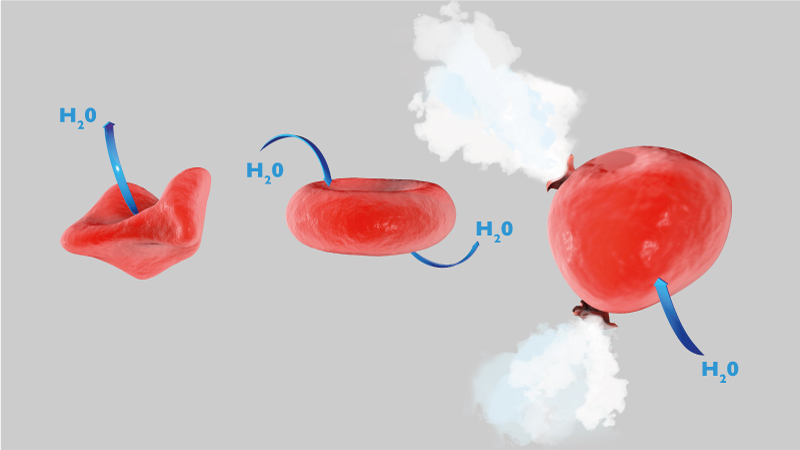Management of electrolyte and fluid disorders in Paediatrics

Prof. Assunta Albanese. St George's University Hospitals NHS. assunta.albanese@stgeorges.nhs.uk; childrens.secretariesC@stgeorges.nhs.uk
Summary
Fluid and electrolyte balance is important in Paediatrics, particularly in infants and young children, because of their high total body water content and basal metabolic rate. Excessive fluid losses lead to dehydration and hypovolaemia. Inadequate and delayed treatment lead to progressive deterioration in tissue perfusion, vascular collapse and progressive multiple organ failure. However, hasty rehydration may be just as devastating as dehydration in seriously ill paediatric patients with severe electrolyte imbalance. Rapid correction of sodium imbalance can produce cerebral oedema or osmotic demyelination.
Water and electrolyte disorders commonly encountered in children post-surgery involving hypothalamus and posterior pituitary, are central diabetes insipidus, syndrome of inappropriate secretion of anti-diuretic hormone and cerebral salt wasting disease. Delayed diagnosis and inadequate management of such cases may lead to worsened neurological outcomes with a high mortality rate.
Keywords
hypovolaemia; dehydration; electrolytes; hypernatraemia; hyponatraemia; water and disorder; electrolyte disorder; hypothalamus; posterior pituitary; central diabetes insipidus; syndrome of inappropriate secretion of anti-diuretic hormone; SIADH; cerebral salt wasting disease


